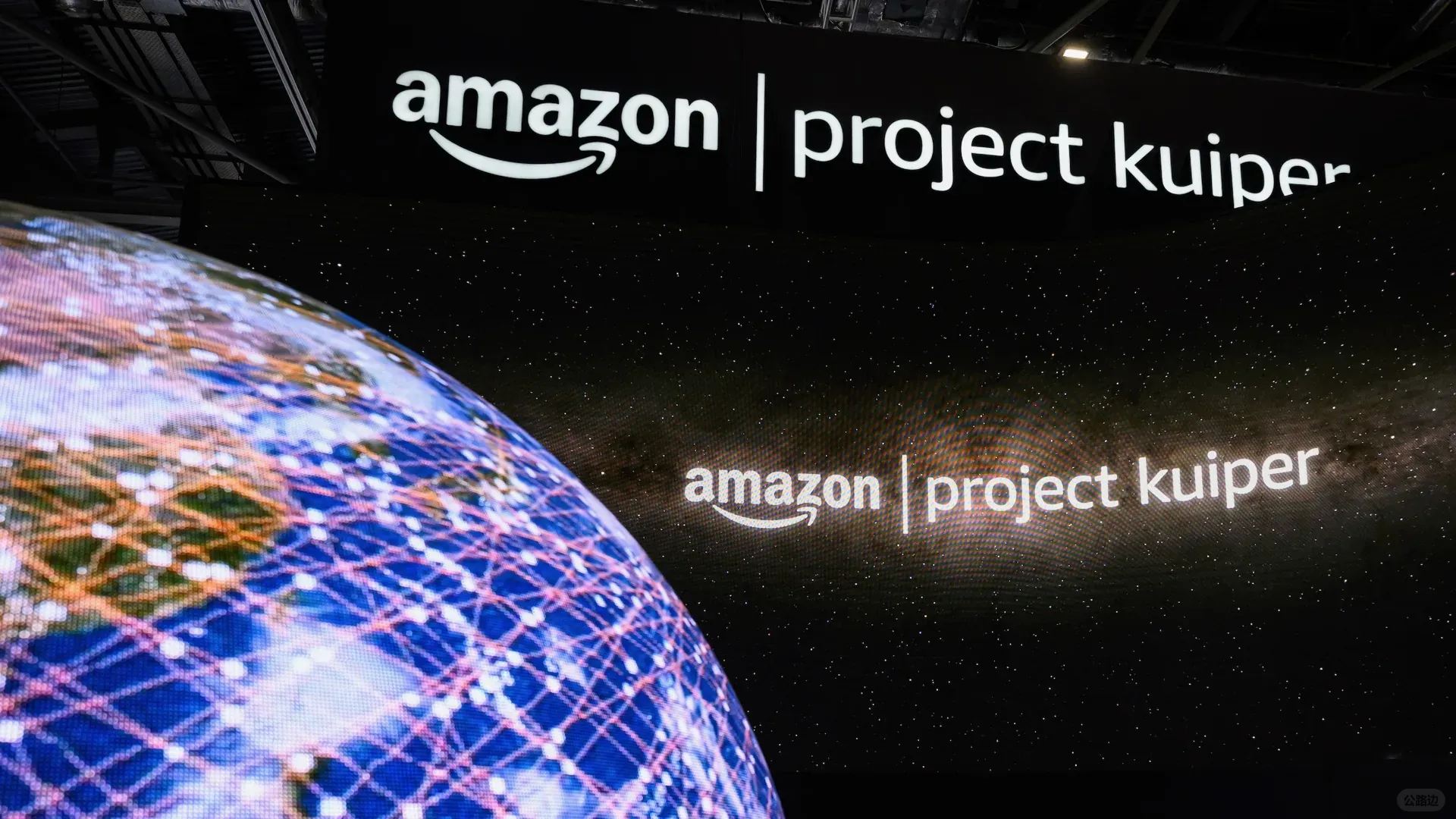With just over 100 satellites in orbit, it's a tall order, but a Project Kuiper exec says Amazon is making progress on bringing its Starlink competitors to consumers in the US and elsewhere.

Amazon's Starlink competitor, Project Kuiper, will serve five markets by the end of the first quarter—Canada, France, Germany, the UK, and the US—says Ricky Freeman, president of government solutions for Project Kuiper.
Officially, Amazon has only said its satellite internet service will “begin delivering service to customers in late 2025,” but it hasn’t specified which markets or how many people will have access. Freeman's statement, made at the World Space Business Week conference in Paris, according to Bloomberg, suggests it will go live in early 2026.
The arrival of Kuiper, which has been in development since 2018, promises to give US users a high-speed alternative to Starlink, which currently dominates the satellite internet market. Earlier this month, Amazon demoed Kuiper delivering a 1,280Mbps download speed to an enterprise-grade customer terminal. The standard Kuiper dish is designed to offer download rates at around 400Mbps, similar to the existing Starlink dishes from SpaceX.

To operate Kuiper, Amazon needs to launch more satellites. Currently, it has conducted four missions, deploying 102 Kuiper satellites in orbit, with another launch scheduled later this month. The company expects to have about 200 satellites in space by the end of the year, says Freeman, who admits that "it's not exactly where we wanted to be, but we’re making progress," according to the Space Intel Report.
Amazon will likely need to launch hundreds of additional satellites before it can offer both robust coverage and capacity through the satellite internet system. For perspective, SpaceX began offering Starlink to its first beta users in late 2020 when it had about 800 satellites in orbit.
Amazon is also facing a potential deadline. The US Federal Communications Commission requires the company to launch half of its planned 3,200 satellites by July 2026, or risk losing FCC clearance to operate the satellite network. (Amazon could file for an extension, however.)
|